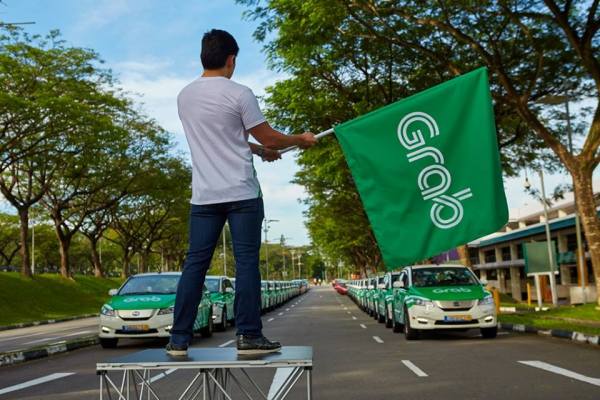Grab, the main rival to Uber in Southeast Asia, is expanding its engineering footprint after announcing new development centers in India and Vietnam.
The company last month announced plans to open an engineering center in Jakarta, Indonesia, so the addition of bases in Bangalore, India and Ho Chi Minh City, Vietnam, will take it to six R&D locations worldwide. The others are Singapore, Grab’s HQ, Beijing and an office in Seattle, which was opened last year.
Despite the new office plans, Grab said it will not expand into India. The move is a bid to suck up new talent to fuel its rivalry with Uber in Southeast Asia, a region of more than 600 million consumers where the market for on-demand rides is tipped to grow from $2.5 billion in 2015 to $13.1 billion in 2025, according to a report co-authored by Google.
“These two [new] locations are growing in terms of local talent and they understand what it is like to live in these parts of the world,” Grab co-founder Hooi Ling Tan told TechCrunch in an interview. “There are a ton of parallels between India and Southeast Asia, especially around payments.”
Tan said Grab is looking to hire around 200 staff in Bangalore, where it will focus on developing its payments service, over the next two years. The other two offices will be focused on more local innovation. In Jakarta, Grab wants to hire 150 people, while in Vietnam it will initially start with a team of 25.
Grab has a total of 2,000 staff, Tan said, but it plans to add 800 more developers to its six R&D offices. Currently there are around 20 in Seattle, where Grab just moved into a new office, with plans to expand to 60 people. The Beijing office, she added, has 40-50 employees, with the remainder of the rest mostly based in Singapore.
Grab isn’t the first from Southeast Asia to look to India for talent. Go-Jek, its $1.3 billion-valued rival in Indonesia, set up a development office in Bangalore last year via two acquisitions. It has since acquired another startup to grow its engineering chops in India. Uber, meanwhile, has an engineering team in India but it doesn’t have a dedicated team in Southeast Asia. Its Hyderabad-based facility, however, does develop technology for other emerging markets beyond India.
Today, Grab claims 710,000 drivers across 39 cities in six countries in Southeast Asia. It said it has seen 36 million downloads of its mobile apps. There’s precious little data to compare market share in Southeast Asia, but anecdotally Uber and Grab seem to be fairly well-matched across the region. Indicators suggest that Go-Jek is ahead of both in Indonesia, however. That’s significant because Indonesia is the region’s largest economy and its top ridesharing market, too, according to the Google report.
